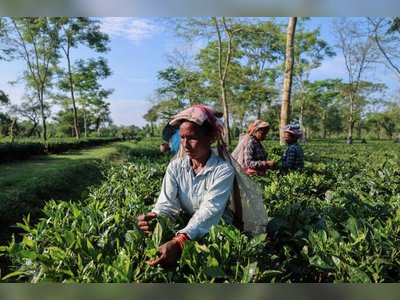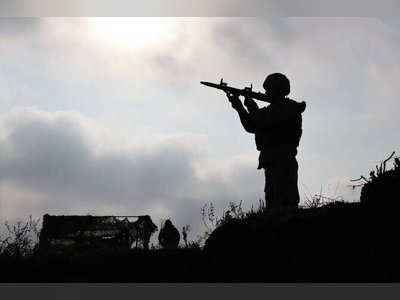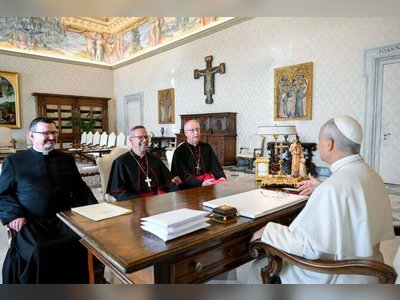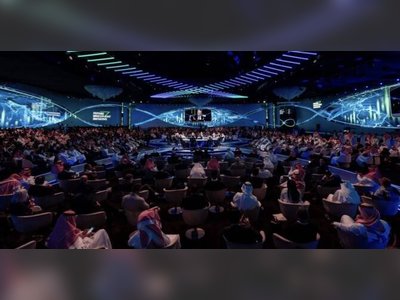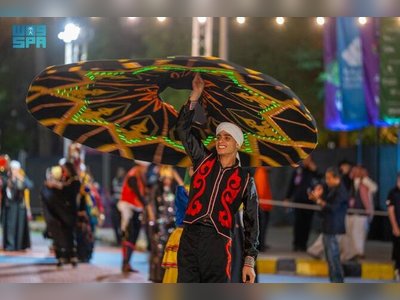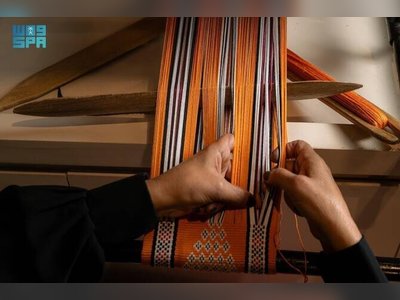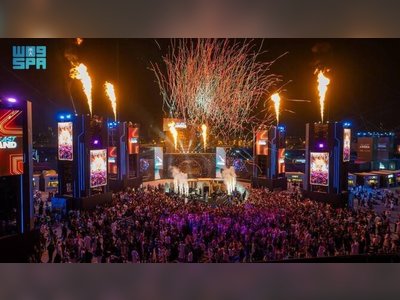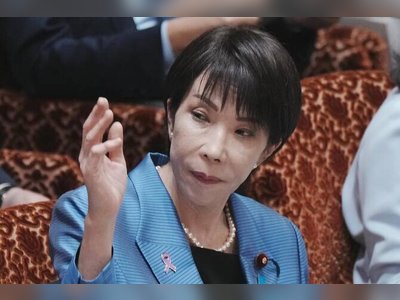
Chile's Presidential Election: Communist and Far-Right Face Off Amid Rising Concerns Over Crime and Immigration
In a pivotal contest, Jeannette Jara from the governing coalition faces off against José Antonio Kast, an ultraconservative promising drastic measures to combat gang violence.
SANTIAGO: Chile's presidential election has opened with over 15 million citizens required to vote on Sunday for president and parliament.
This election presents a stark contest between Jeannette Jara, the left-wing incumbent's former labor minister from the governing coalition, and José Antonio Kast, an ultraconservative politician promising drastic measures against gang violence and undocumented immigration in one of Latin America’s safest countries.
Polls suggest that none of the eight candidates will secure over 50 percent, necessitating a runoff on Dec. 14.
President Gabriel Boric is constitutionally barred from seeking a consecutive term, leaving Jara as the governing coalition's candidate against multiple right-wing challengers.
The election comes amidst rising public concern over organized crime and immigration, issues that have polarized candidates despite their distinct ideologies.
Both Jara and Kast focus on combating foreign gangs and addressing public insecurity, aiming for the center ground to secure wider support.
Chile has reintroduced mandatory voting, making this the first time all eligible citizens vote automatically.
The change is expected to affect over 4 million new voters, though its impact remains uncertain.
The country also faces high unemployment and sluggish growth, with Jara proposing economic measures including a living income and infrastructure investment, while Kast advocates for reduced public spending and lower corporate taxes.
All front-runners have embraced hard-line immigration policies, differing only in their proposed methods of enforcement.
This election marks a significant shift from Chile's last poll, where young protesters elected its youngest president on promises of social change.
Economic constraints and legislative opposition have since limited the current president’s ambitions.
As citizens prepare for what is expected to be a closely fought battle between two extremes, the outcome remains uncertain and could set the course for future governance in one of Latin America's most stable democracies.
This election presents a stark contest between Jeannette Jara, the left-wing incumbent's former labor minister from the governing coalition, and José Antonio Kast, an ultraconservative politician promising drastic measures against gang violence and undocumented immigration in one of Latin America’s safest countries.
Polls suggest that none of the eight candidates will secure over 50 percent, necessitating a runoff on Dec. 14.
President Gabriel Boric is constitutionally barred from seeking a consecutive term, leaving Jara as the governing coalition's candidate against multiple right-wing challengers.
The election comes amidst rising public concern over organized crime and immigration, issues that have polarized candidates despite their distinct ideologies.
Both Jara and Kast focus on combating foreign gangs and addressing public insecurity, aiming for the center ground to secure wider support.
Chile has reintroduced mandatory voting, making this the first time all eligible citizens vote automatically.
The change is expected to affect over 4 million new voters, though its impact remains uncertain.
The country also faces high unemployment and sluggish growth, with Jara proposing economic measures including a living income and infrastructure investment, while Kast advocates for reduced public spending and lower corporate taxes.
All front-runners have embraced hard-line immigration policies, differing only in their proposed methods of enforcement.
This election marks a significant shift from Chile's last poll, where young protesters elected its youngest president on promises of social change.
Economic constraints and legislative opposition have since limited the current president’s ambitions.
As citizens prepare for what is expected to be a closely fought battle between two extremes, the outcome remains uncertain and could set the course for future governance in one of Latin America's most stable democracies.
